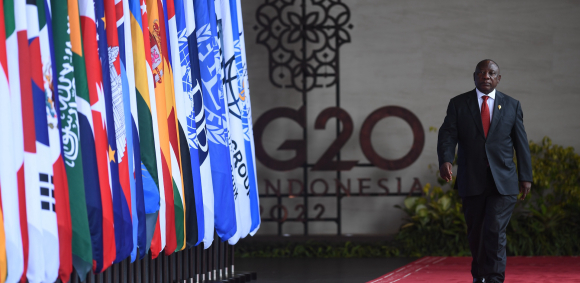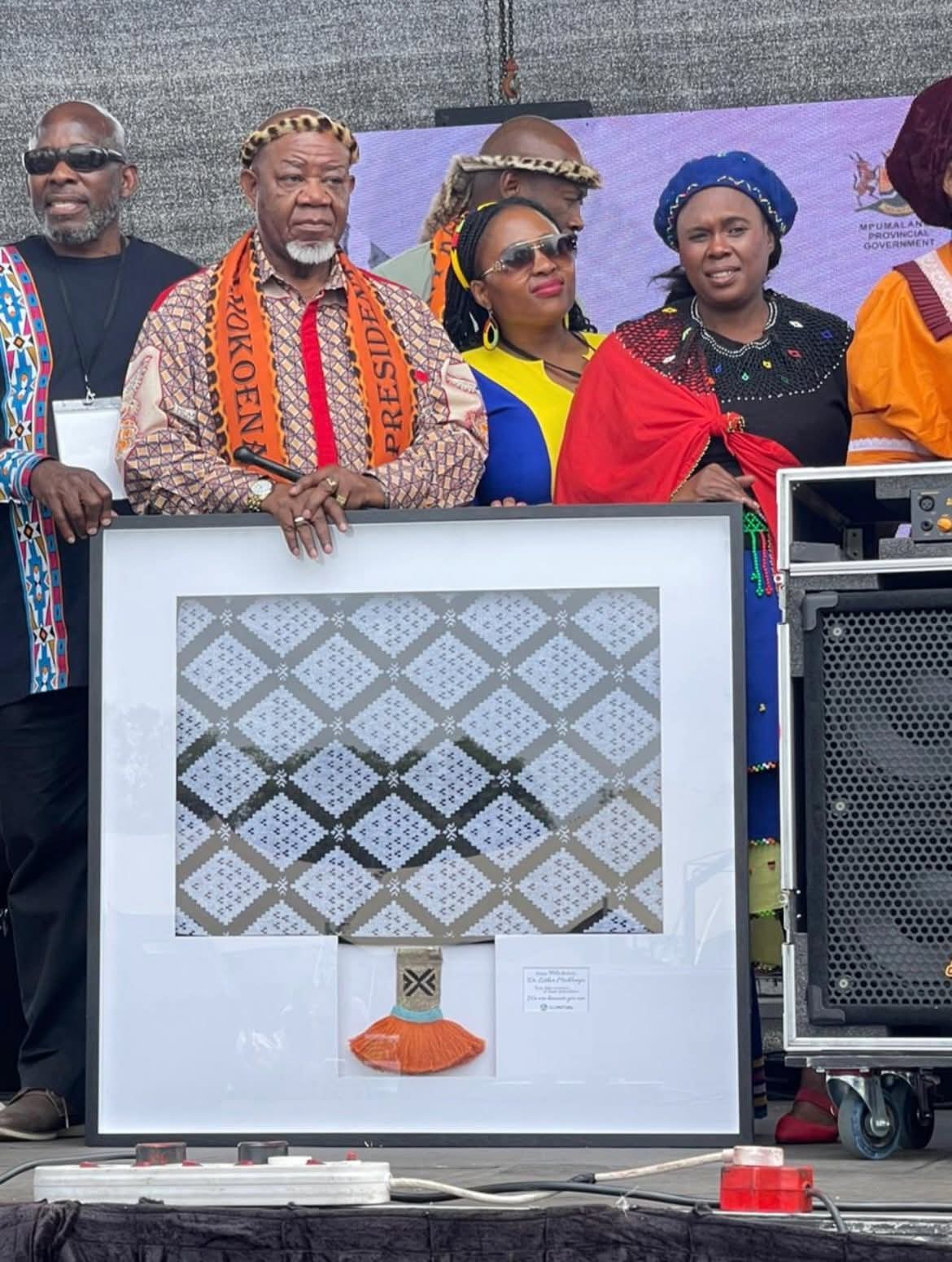Delegates from key economies convene at the first-ever G20 Summit in Africa, despite US absence and deepening global divisions. Picture Credits: ISS Africa
By Thulane Madalane
Johannesburg – The G20 Leaders’ Summit concluded on Sunday in Johannesburg, South Africa, marking the first time the historic gathering of the world’s largest economies was hosted on African soil. While leaders hailed the summit as a reaffirmation of multilateralism, the event also highlighted deep divisions and challenges in a world increasingly defined by unilateral policies, armed conflicts, and protectionist tendencies.
The summit, boycotted by the United States, focused on how the G20 can maintain relevance amid global instability. Canadian Prime Minister Mark Carney described the global situation as a “rupture, not a transition,” warning that “too many countries are retreating into geopolitical blocs or the battlegrounds of protectionism.” He added: “In every rupture resides the responsibility to build — nostalgia is not a strategy.”
Despite Washington’s absence, leaders from Europe, China, India, Japan, Turkey, Brazil, and Australia attended, along with invited non-G20 countries, including African nations. Their presence underscored the summit’s focus on the Global South and emerging economies, emphasizing the importance of inclusive dialogue amid shifting global economic power.
The US government cited conflicts with South Africa’s priorities on trade, climate action, and development cooperation as reasons for its absence. Washington has been increasingly retreating from multilateral forums, imposing sweeping tariffs and reversing global warming commitments, while some US officials have leveled unfounded accusations against South Africa.
In a joint statement issued Saturday, the leaders present acknowledged that they were meeting “against the backdrop of rising geopolitical and geo-economic competition and instability, heightened conflicts and wars, deepening inequality, increasing global economic uncertainty and fragmentation.”
South African President Cyril Ramaphosa admitted the challenges but stressed the summit’s significance. “The G20 underscores the value and relevance of multilateralism,” he said. “Despite differences, our shared goals outweigh our divergences.” The leaders’ declaration, issued without US endorsement, demonstrated a collective determination to defend multilateral cooperation.
French President Emmanuel Macron cautioned that the G20 may be “coming to the end of a cycle,” urging the forum to refocus on strategic economic priorities. He noted the group’s struggles to find common approaches to global armed conflicts, including Russia’s war in Ukraine and the Israel-Hamas crisis in Gaza, highlighting the limitations of consensus in politically complex issues.
Observers noted that climate change, sustainable development, and global health — all areas with political as well as economic implications — often create challenges in drafting summit declarations. The Johannesburg summit, however, reaffirmed a commitment to addressing these pressing global issues while giving a platform to Global South voices, whose perspectives have historically been underrepresented in global decision-making.
Carney emphasized that the centre of gravity in the global economy is shifting toward emerging economies, suggesting the G20 must adapt to reflect this reality. William Gumede, a management professor at the University of the Witwatersrand who advises governments including Turkey’s, said that inviting emerging powers and developing countries helped neutralize the absence of US representation. “This summit has actually thrown a lifeline to multilateralism, breathing new life into it,” Gumede said.
The G20, originally established in the wake of the 1997-1998 Asian financial crisis, was designed as a forum to safeguard global economic and financial stability. Over time, its remit expanded to include climate change, global health, conflicts, and sustainable development — areas that carry economic implications but are deeply intertwined with political realities.
The Johannesburg summit also sent a clear message about Africa’s rising role in global affairs. By hosting the G20 for the first time, South Africa placed the continent at the centre of critical discussions on trade, investment, climate action, and development. Ramaphosa said year-long preparatory meetings, totaling over 130 sessions across South Africa’s provinces, helped ensure that the continent’s growth and development priorities were embedded in the summit’s outcomes.
While the summit concluded successfully in terms of agreements and declarations, analysts note that the fragmentation of the global order remains a challenge. With protectionist policies, geopolitical rivalries, and unilateralism on the rise, the G20 will need to continuously adapt to maintain its relevance and influence.
Despite these challenges, the Johannesburg summit highlighted the resilience of multilateralism. Delegates reaffirmed the value of dialogue, negotiation, and cooperation, demonstrating that even amid global uncertainty, forums like the G20 remain essential for collective action on shared challenges.






